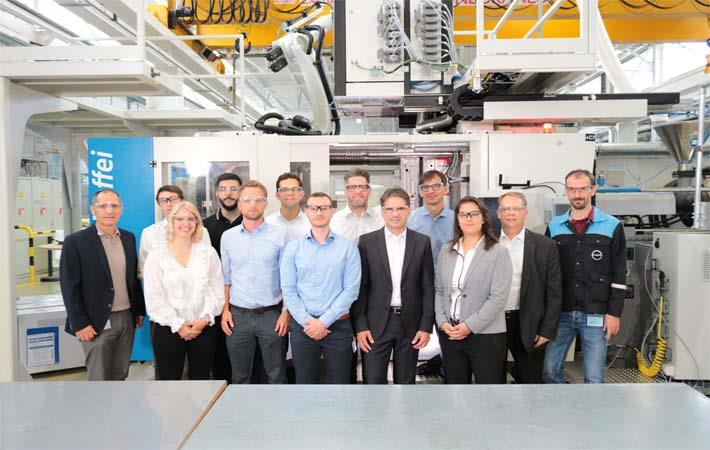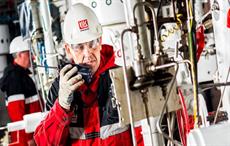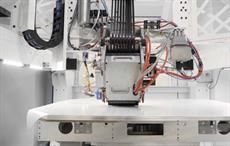Covestro, among the largest polymer companies, is improving its offerings and capabilities in continuous fibre-reinforced thermoplastic (CFRTP) composites keeping in mind the market trends and growing demand. A new tape line has now been commissioned in its Leverkusen laboratory to develop new products with different fibre and resin combinations.
Its Maezio brand of CFRTP composites are based on continuous carbon fibres impregnated with thermoplastics like polycarbonates. A new tape line is now commissioned in its Leverkusen laboratory to develop new products with different fibre and resin combinations. Their manufacture will in turn be scaled and commercialised at the production site in Markt Bibart in South Germany.Covestro, among the largest polymer companies, is improving its offerings and capabilities in continuous fibre-reinforced thermoplastic (CFRTP) composites keeping in mind the market trends and growing demand. A new tape line has now been commissioned in its Leverkusen laboratory to develop new products with different fibre and resin combinations.#
“We’re witnessing strong market demand for thinner, lighter, and aesthetically competitive products where thermoplastic composites like Maezio are making a difference,” says Lisa Ketelsen, head of the thermoplastic composite business of Covestro. “To meet the needs of a growing range of applications we need a broader base of portfolio with different matrix materials and properties. The new tape line in combination with our mass production lines will allow us to do quick iterations and scaling based on market demand.”
One product under development is thermoplastic polyurethane (TPU) -based CFRTP, which has excellent chemical resistance properties and superior flexibility in a wide temperature range. There’s a strong demand especially from the footwear and sports equipment industries for such a strong and versatile product.
“Thermoplastic composites enable significant increases in production speed for mass production, and their ability to be molded with features and produced to near net shape eliminates the need for many secondary operations,” says Dr.-Ing Christian Wilms, head of technology of the thermoplastic composite business of Covestro. “Also, they are inherently recyclable, making them a genuine answer to the growing need for scalable and sustainable material solutions.”
At the same time, new hybrid injection moulding machines are commissioned in Covestro’s CFRTP locations in Germany and China to build on processing know-how of complex, three-dimensional composite parts in support of application development across industries. A hybrid injection moulding machine combines the thermoforming of semi-finished composite parts with in-mould injection moulding – a fully automated one-step processing technology which reduces cycle times and improved productivity of mass produced composite parts.
“We’re working closely with our machinery and processing partners such as Krauss Maffei and Engel to offer customers full support in their product development process,” says Wilms. Olaf Zoellner, head of application development Europe at the Polycarbonates business unit at Covestro, says, “A fully functional and supportive value chain with the know-how for mass production of composite parts is critical to bringing such solutions to the mainstream market.” (SV)
Fibre2Fashion News Desk – India


